Gardening for health, the best way of life!
Gardening is a way to maintain health. Traditional Chinese Medicine (TCM) further believes that gardening is a health-preserving activity that harmonizes heaven, earth, and humanity. Through human contact with the land, planting in accordance with the weather, and the process of harvesting, it also brings spiritual satisfaction and joy.
When talking about horticultural health care, we have to start with horticultural therapy, because the concept of horticultural health care originated from "horticultural therapy".

Horticultural therapy, known as horticultural therapy in Japan and horticultural therapy in Korea, is simply defined as the use of gardening for therapeutic purposes. According to the American Horticultural Therapy Association, horticultural therapy involves gardening activities, such as flower and vegetable cultivation, dried flower crafts, and therapeutic landscaping, to achieve social, emotional, physical, cognitive, spiritual, and creative benefits for participants. Horticultural therapy can be applied to individuals of all ages, backgrounds, and abilities, including the elderly, those with Alzheimer's disease, stroke victims, children, youth, the mentally ill, alcoholics, and drug addicts.

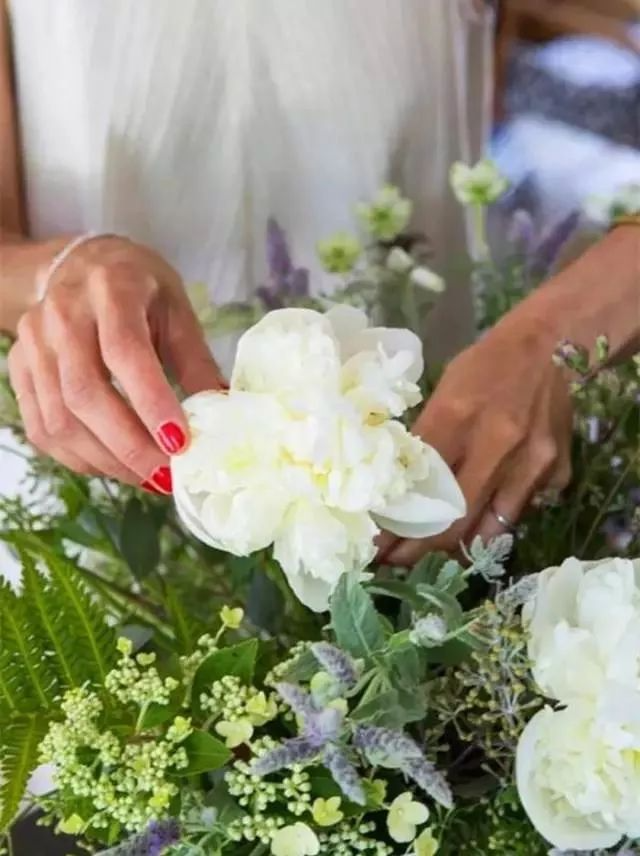
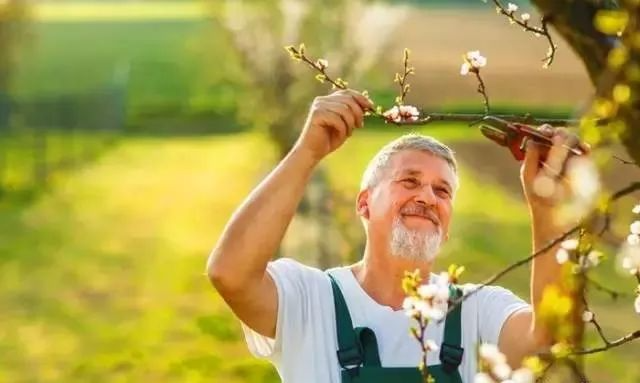
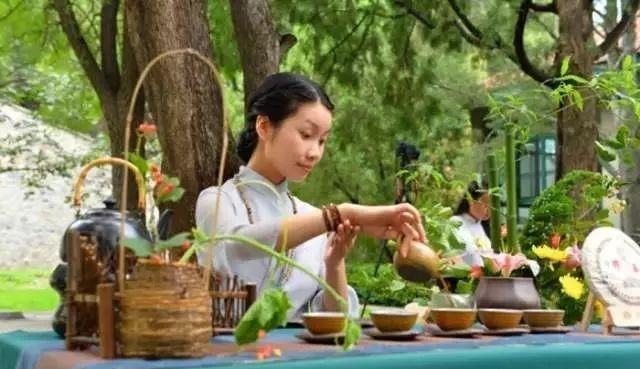
Horticultural therapy is a form of health care and leisure that uses certain characteristics of living plants, such as the color of flowers, fragrant smell, lovely and beautiful shape, as well as gardening activities to regulate human health or treat certain diseases. It allows people to arouse their love for life and generate joyful emotions in the process of cultivating flowers and plants, thereby achieving the goal of improving physical fitness.
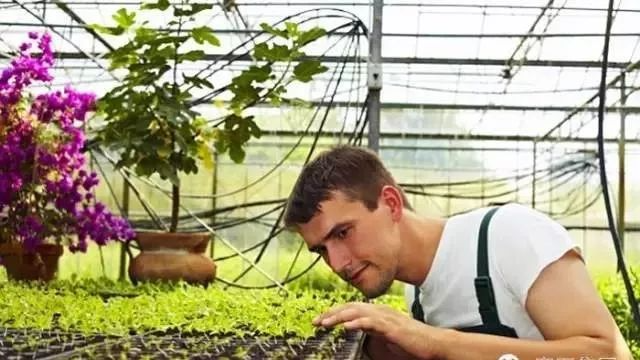

Horticultural therapy is unique in its use of plants as interventional media. Plants are living beings with their own life cycles, requiring careful and patient care. The fragrance of flowers is pleasing to the eye and soothes the mind. Placing a few pots of flowers in your home, or planting flowers and bonsai in your garden, can enrich and beautify your home, add interest to your life, and dispel negative emotions. Growing flowers and bonsai is both a form of physical exercise and a reflection of cultural and artistic cultivation. Research has shown that regular viewing of bonsai and flowers can calm those with irritable tempers, brighten those in bad moods, and boost the spirit of depression.
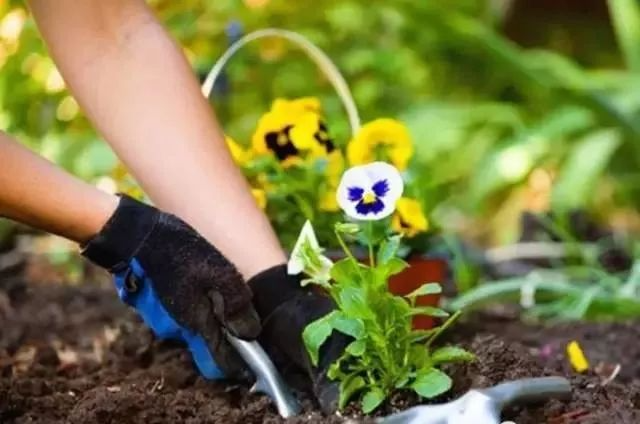
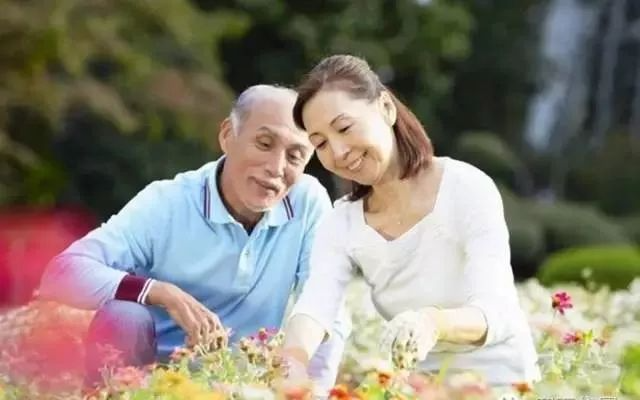
Horticultural therapy helps prevent and treat diseases
The greatest benefit of gardening is that it allows for the training and healing of damaged bodies and minds through the interaction between humans and plants. It's not a static activity; while caring for plants, the caregiver experiences a constant sense of activity: the plants sprout new leaves, flowers bloom, and then fall, a cycle of life. Feeling that there's a living being to care for increases self-esteem. Studies have shown that gardening therapy can lower heart rate, improve mood, and alleviate pain, significantly aiding patient recovery.
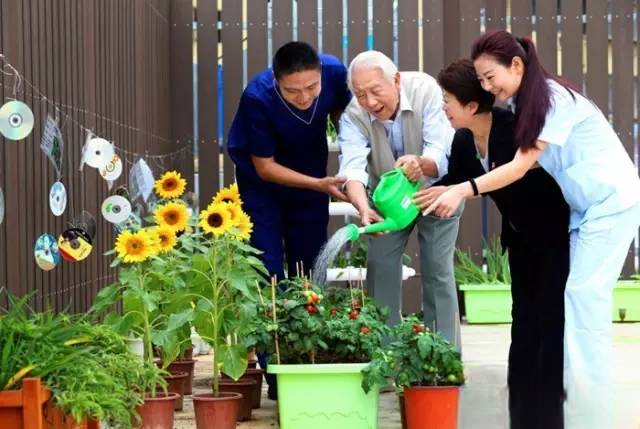
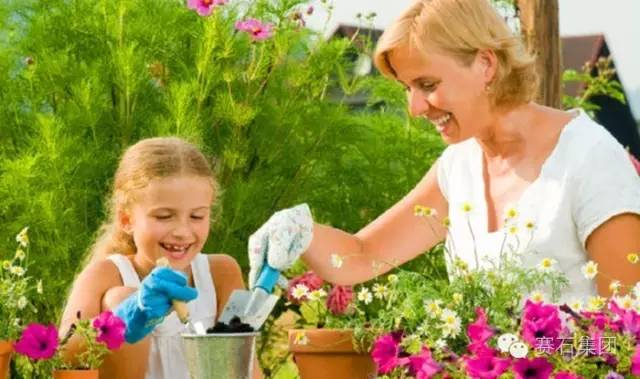
Gardening helps to adjust the spiritual life of modern people
Thousands of years ago, people discovered that strolling in a garden had calming and restorative effects. The use of gardening for therapeutic purposes dates back to ancient Egypt, when doctors had patients experiencing mood swings stroll through gardens to stabilize their moods. In the 19th century, horticultural therapy began to be used for mental illness in the United States. In the 1920s and 1930s, horticultural therapy gained recognition as a therapeutic approach. It subsequently became widely used for a variety of purposes, with universities and colleges offering horticultural therapy courses. The American Horticultural Therapy Association was established in 1973 to promote horticultural therapy and establish a professional registration system.


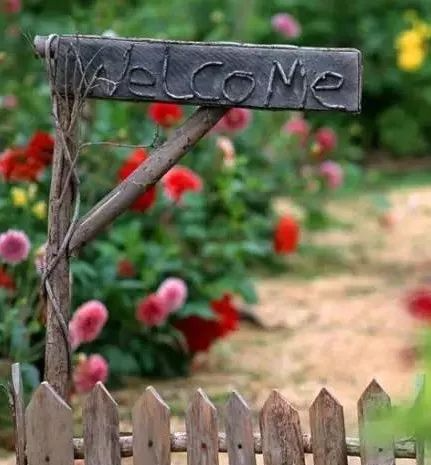

Disclaimer: Photos/Saishi Group, Article/Saishi Group